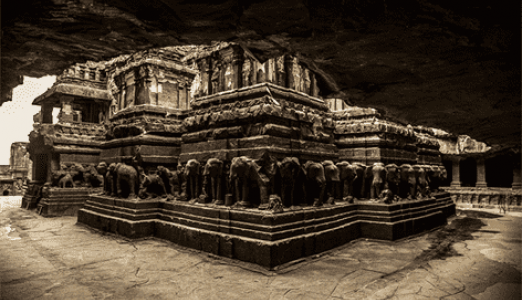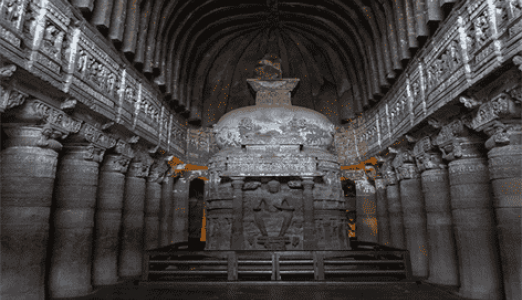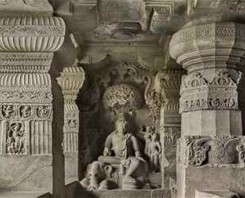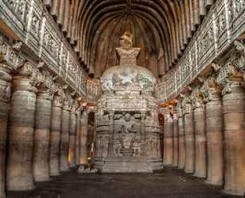Plan Your Trip
The city, which was discovered at a site of a village, Khadki, derived its name from the Mughal ruler, Aurangazeb. Although the primeval history of Aurangabad dates back to the era of Buddhism, as the existence of Buddhist caves Ajanta and Ellora are clear evidence, but originally the city was founded in 1610. At a village named Khadki, the prime minister of the Muslim Kingdom of Ahmednagar, whose name was Malik Ambar established a town.
Malik Ambar was the ruler of the Deccan and it is believed that the city developed under his command in 1604 and 1610. In the year 1626, the town was renamed to Fatehpur, by his son Fateh Khan. In the 14th century, Mohammad Bin Tughlaq tried to relocate his capital city, Delhi sultanate to Fatehpur owing to the strategic location of the town. Located at the center of India, Aurangabad was considered safer to avoid the prowling armies of the Afghan and Central Asian raiders.
In the year 1634, Aurangzeb moved to the city as a Governor of the Deccan. In 1653 when he took over the Deccan kingdoms, the name of the town was changed to Aurangabad. Due to its strategic location, the town was used by Aurangzeb to defeat the rising power of Shivaji. After the death of Aurangzeb in 1707, Nizam of Hyderabad took over the city and maintained its power till it was amalgamated with Maharashtra in 1956.
 Recognised by Ministry of tourism
Recognised by Ministry of tourism









